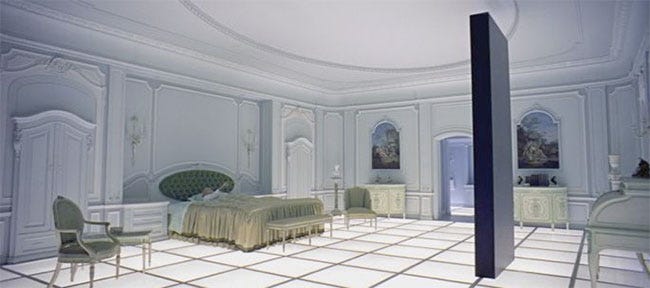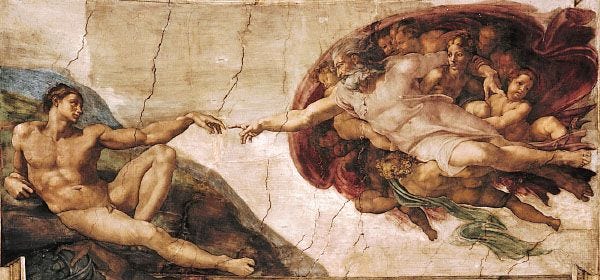
Some of the Aborigines of Australia who still hunt and gather will throw away a killed animal if it doesn’t have enough fat to eat. It’s “rubbish.” Our hunting ancestors didn’t just hunt for meat—animal protein—they rather hunted for animal fat, because fat is a slow source of energy, and if you fill your belly with it, you can last for days on a single meal.
Indeed, Ötzi the Ice Man found frozen atop an Austrian mountain had his stomach half full of animal fat. The way we eat beef steak today—lean, barely any fat to it—is completely unnatural. We get most of our fat nowadays from eating carbs and sugars that are converted into fat. Overeating on protein will also see the protein converted into sugars and thus stored as fat.



